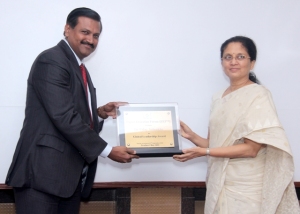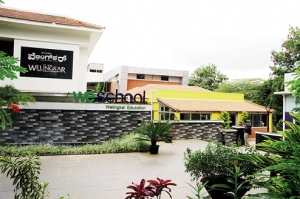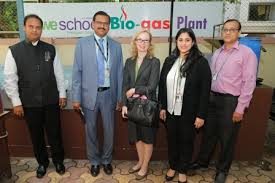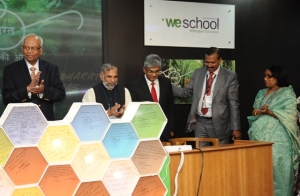 With so many management schools cropping up in India, Dr Uday Salunkhe, Group Director, WeSchool, stresses on a few issues faced in India in this regard. After the establishment of four premier IIMs between 1961 and 1984, the number of management schools rose phenomenally across the country and today the number is close to 2500.
With so many management schools cropping up in India, Dr Uday Salunkhe, Group Director, WeSchool, stresses on a few issues faced in India in this regard. After the establishment of four premier IIMs between 1961 and 1984, the number of management schools rose phenomenally across the country and today the number is close to 2500.
This burgeoning number has made quality control a difficult task, says Dr Uday Salunkhe, with the result that the structure and content of these B-school curricula today face issues of relevance. The old style has to be shunned as many schools are not adequately equipped to solve the business needs of advanced organizations.
The traditional managerial approaches to address these challenges do not work. The solution to this problem is focusing on the art of design thinking. Design Thinking, one of the core subjects at Welingkars Institute, says Dr Uday Salunkhe, is a tried and tested instrument, and laterally and holistically innovative in its approach which equips the manager to overcome these hurdles and move closer to the solution.
The distinctive traits of design thinking are that it demands inquiry into accepted notions, multisensory perceptions, cross domain application and prototyping , which are important in today’s advanced organizations, says Dr uday Salunkhe. Welingkar Institute understands the importance of design thinking and puts special focus on this subject to help the aspirants to grasp the idea by illustrating scenarios with live examples.
By quoting Tim Brown who is the MD & CEO, IDEO, Dr Uday Salunkhe concludes “I believe that design thinking has much to offer a business world in which most management ideas and best practices are freely available to be copied and exploited. Leaders now look to innovate as a principal source of differenciation and competitive advantage.



